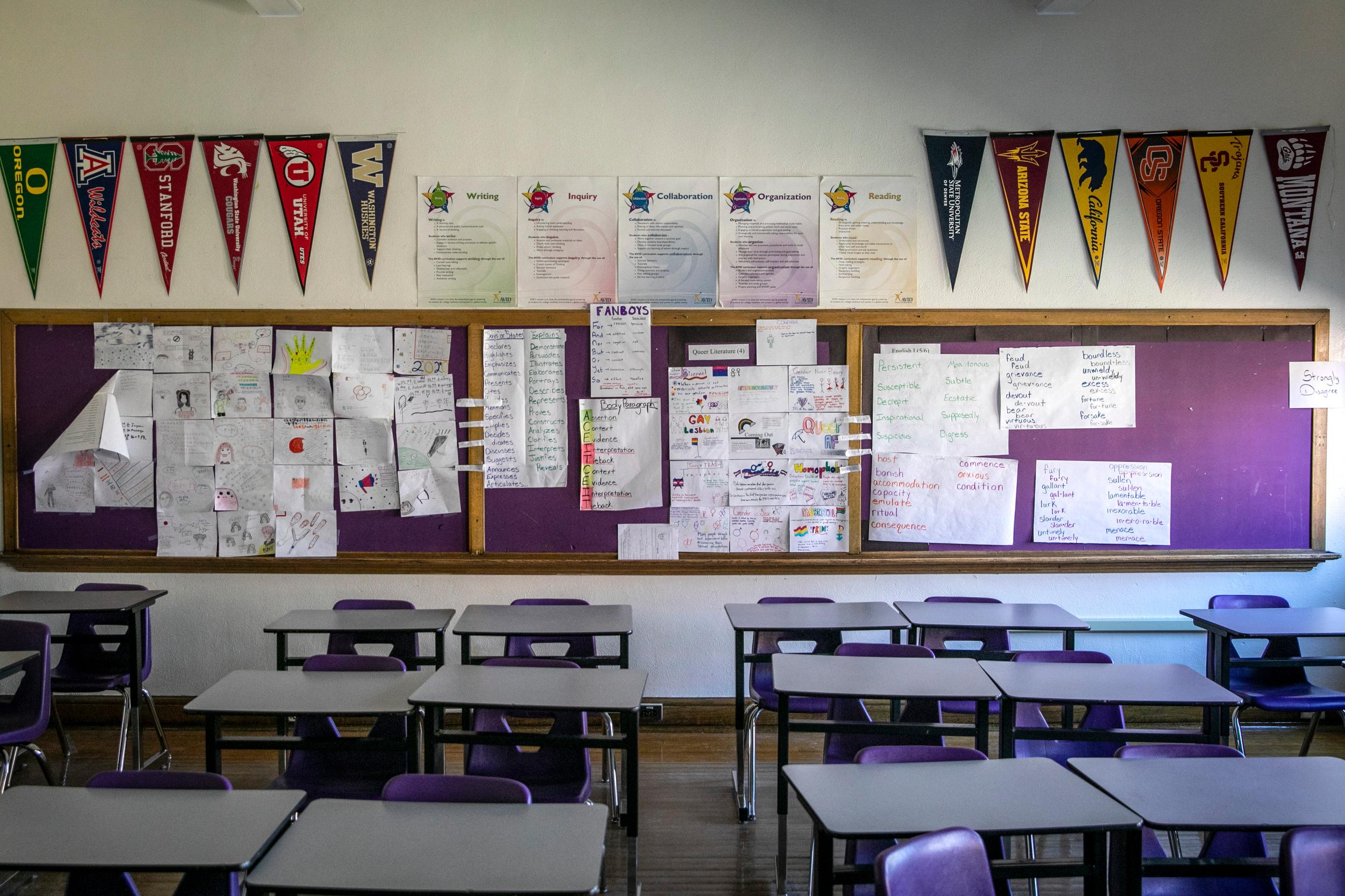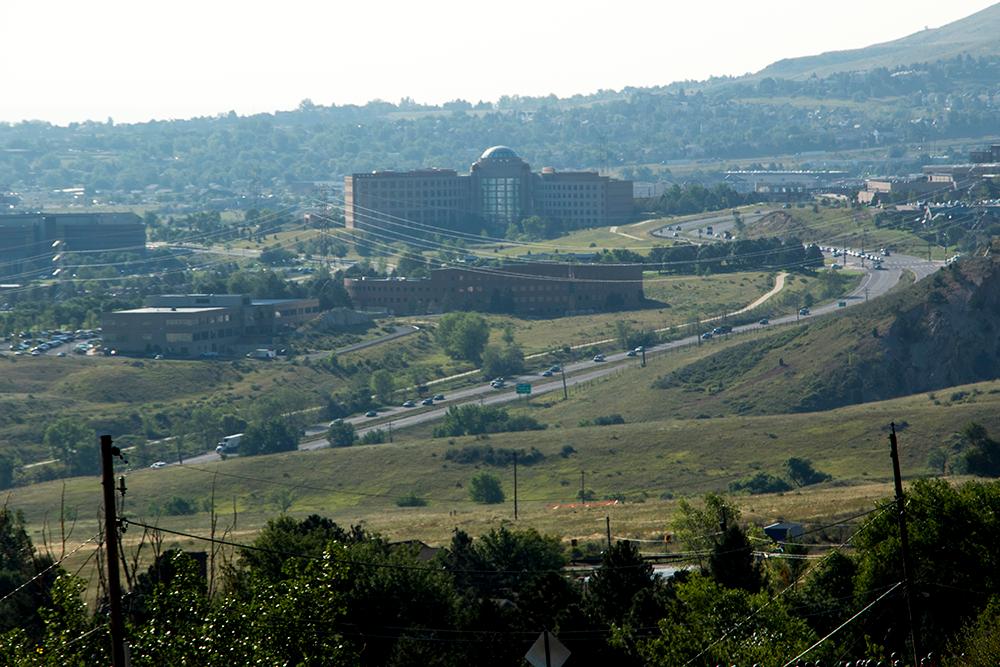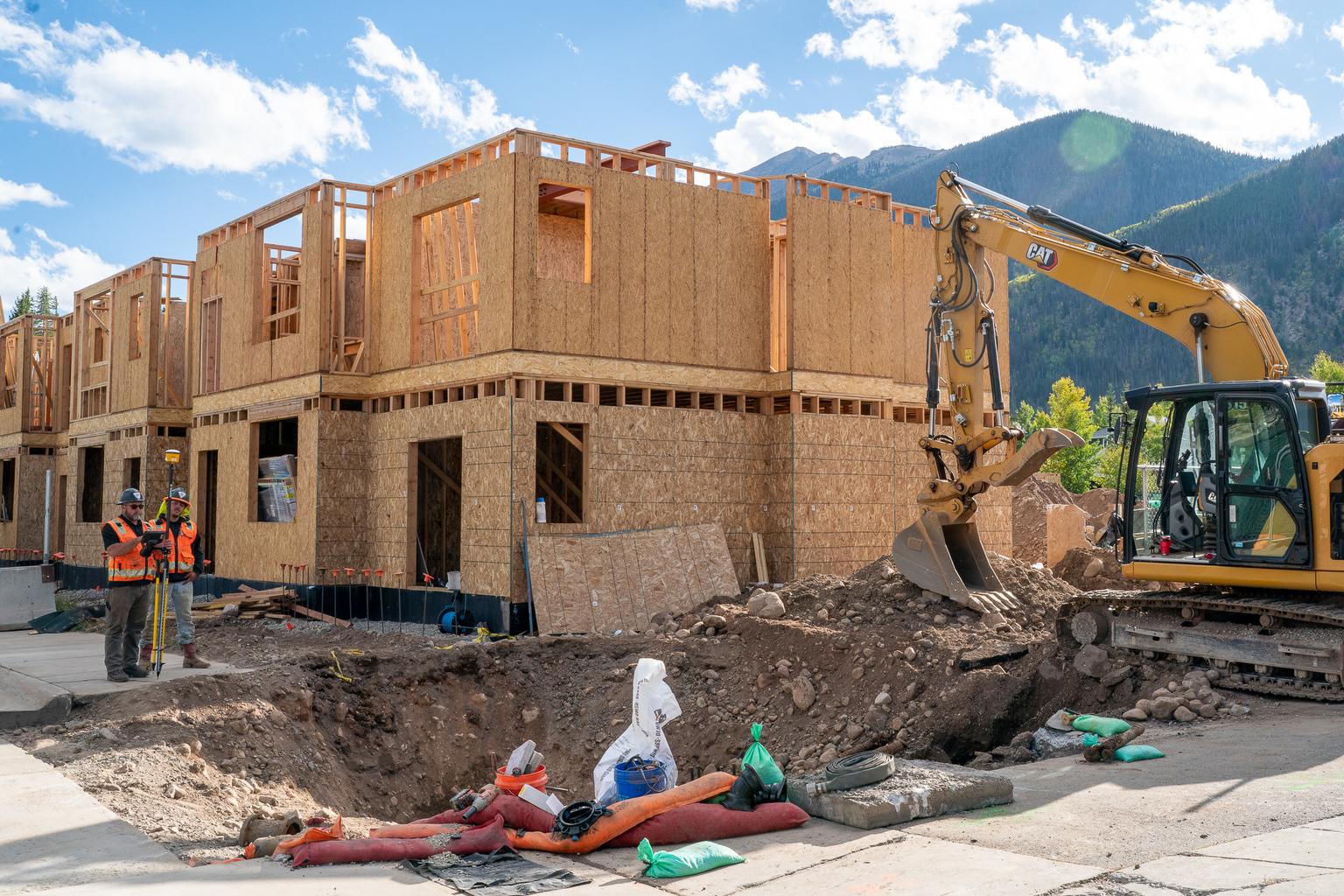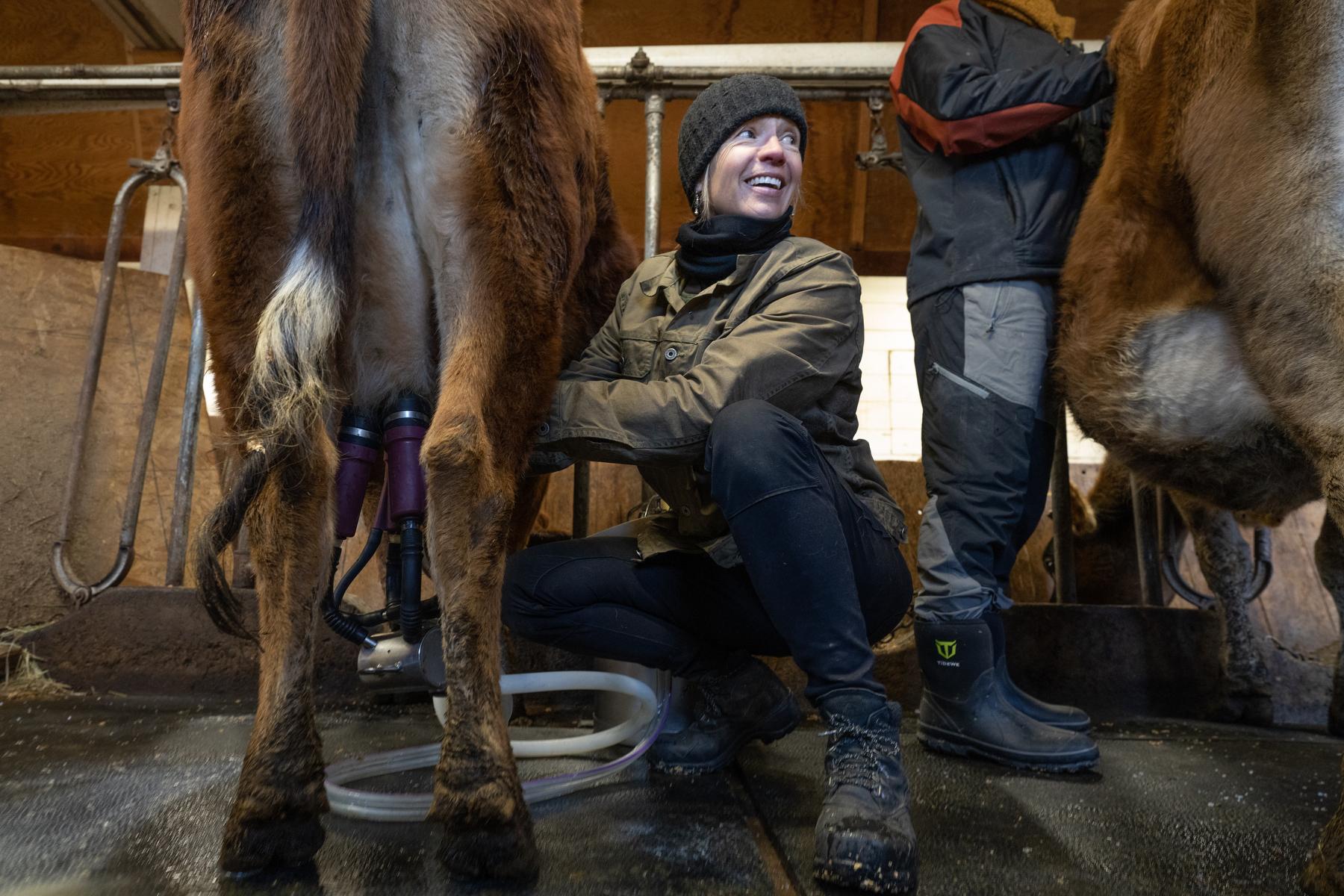
The coronavirus has decimated government budgets in Colorado, from a forecasted $3.3 billion hole at the state level to a $180 million loss for the city of Denver to about a $7 million loss for the town of Estes Park, outside Rocky Mountain National Park.
But unlike elsewhere in the country, every Colorado city, county, school district, water district, and even the state government itself has to navigate another layer of complexity: the Colorado Taxpayer’s Bill of Rights.
That constitutional amendment, known colloquially as TABOR, was passed by voters in 1992 and places strict limits on how much revenue governments can spend and requires voter approval for each new tax increase.
Court rulings and public votes since then have weakened TABOR. But it still has teeth, and could significantly affect how quickly governments rebound. It could also provide relief for taxpayers, just as they need it the most.
TABOR’s author Douglas Bruce designed it to limit how quickly governments can grow.
He came up with a formula. The state government’s general fund is allowed to grow only as quickly as population and inflation. Local governments’ revenue is tied to inflation plus construction value, and school districts are limited by student enrollment. Any revenue beyond that limit is returned to voters.
Governments are only allowed to keep that revenue if they get voters’ permission — a process called, oddly enough, “de-Brucing.” Many local governments have done that. According to the progressive-leaning Bell Policy Center, voters in 174 out of 178 school districts, 51 out of 64 counties, and hundreds of cities have granted their respective governments the ability to keep all or some of the excess revenue.
Whether or not a government has de-Bruced will be very important in the months and years ahead. For de-Bruced governments, tax revenues can rise as the economy picks back up. But that’s not true elsewhere.
Like many governments, Jefferson County is looking at making deep cuts to services like snow removal, its workforce center, and its county jail. County staff just moved to a four-day workweek as well.

Jefferson County is different in one respect, said county commissioner Casey Tighe. Because most of its budget has not been de-Bruced, those cuts could be permanent even after the economy recovers.
Unless voters approve a de-Brucing measure (and they shot one down last year), TABOR will prevent the county’s revenues from rising quickly back to pre-recession levels. Instead, the “ratchet effect” dictates that revenues can only be slightly higher than the previous years’ recession-era levels. Anything beyond that will be returned to taxpayers.
“We definitely don't want to put people in a position where the taxes are too high,” Tighe said. “But at the same time, a lot of the services we're providing are needed.”
The state of Colorado was in a similar position in the early- to mid-2000s, when the dot-com bust exposed TABOR’s ratchet effect in a major way. At the time, the state was in such a budget bind that it considered closing some colleges even as the economy was kicking back into gear.
So then-Gov. Bill Owens, a Republican, led a campaign to weaken TABOR. Voters passed Referendum C, which while not a true de-Brucing, effectively destroyed the ratchet effect at the state level. (Read a rather thorough explanation of Ref C here). The state still has revenue limits, but they’re now so much higher than the state’s actual revenue that Gov. Jared Polis recently wrote that TABOR “isn’t really top of mind” right now.
Jefferson County won’t get a clear picture of its shortfall until some next year, Tighe said. That’s because counties largely rely on property taxes, which are paid well in advance. They’re also less volatile than sales taxes, which cities generally collect.
But TABOR also has a big effect on property taxes in particular.
Prior to TABOR, there was the Gallagher Amendment, which voters passed in 1982 as a way to keep residential property taxes low. It mandates that residential properties pay 45 percent of overall property taxes in Colorado, while commercial properties pay 55 percent.
As residential property values go up and commercial values go down, the residential assessment rate — the percentage of a home’s value that is subject to taxation — is lowered to keep the 45/55 split intact. And once the assessment rate goes down, TABOR prevents it from coming back up without voter approval.
That was by design, TABOR author Douglas Bruce told CPR News in 2017. “I knew what I was doing, and I don't regret anything that's in there,” he said.
The residential assessment rate is projected to drop by nearly 18 percent to 5.88 percent, the Colorado Sun reported Tuesday. That could mean a $491 million hit to school districts and a $201 million hit to counties across the state, according to a state forecast.
Since Gallagher is a constitutional amendment, voters would need to approve any changes to it. And convincing homeowners to raise their own taxes now would be an uphill battle, said Gini Pingenot, legislative director at Colorado Counties, Inc.
“That’s a near-impossible messaging and campaign to accomplish, especially now with everybody hurting financially,” she said.
But as it stands, non-residential property owners such as farmers, ranchers and small businesses will be paying close to six times more in property tax than homeowners.
“That is a result of TABOR,” said Tracie Rainey, executive director of the Colorado School Finance Project.
The drop in local tax revenue will also put pressure on the state government because it is obligated to backfill school district funding shortages. That could amount to $250 million in 2021, Rainey said.
TABOR also limits legislators’ ability to adjust tax policy — except to lower it — without voter approval, she noted. It does have a provision to allow for new emergency taxes without voter approval (and after reserves are spent), but that requires a two-thirds majority in both chambers — an unlikely scenario, the Denver Post reported. On top of that, Polis said earlier this month that he wouldn’t support any tax hikes given the current economic climate.
“This would obviously be the wrong time to raise taxes in a recession,” he said.
There’s one more way TABOR could affect schools’ recovery, Rainey said. The state government has withheld billions of dollars from schools since the Great Recession (a budget maneuver once called the “negative factor”). In the future, whenever the state hits its revenue cap again, TABOR may require the state to issue tax refunds rather than pay that back.
But wait! Doesn’t TABOR help recession-era governments somehow?
TABOR proponents say that it prevents governments from growing too bloated in flush years, which prevents drastic cuts in tough times.
“Government programs are more sound, strong and sustainable than if they had grown as fast as ambitious politicians often wanted,” Peg Brady, a TABOR backer, wrote in a Denver Post op-ed last week. “TABOR helps us confront the current crises.”
Critics of TABOR instead point to Colorado’s billions of dollars in unfunded transportation projects and withheld funds for schools. It's also one reason Colorado doesn't have much of a rainy-day fund.
TABOR does have a requirement that every government saves 3 percent of its annual budget for use only during a declared emergency. Polis declared a state of emergency in early March and recently extended it until June. But that money can only be used for expenses directly associated with the emergency, said David Broadwell, general counsel for the Colorado Municipal League.
“But you can't tap your emergency reserve just to make up for revenue shortfalls, which is the major crisis facing a typical municipality today,” he said.
Denver is the only city that’s used its TABOR reserves, Broadwell said.









